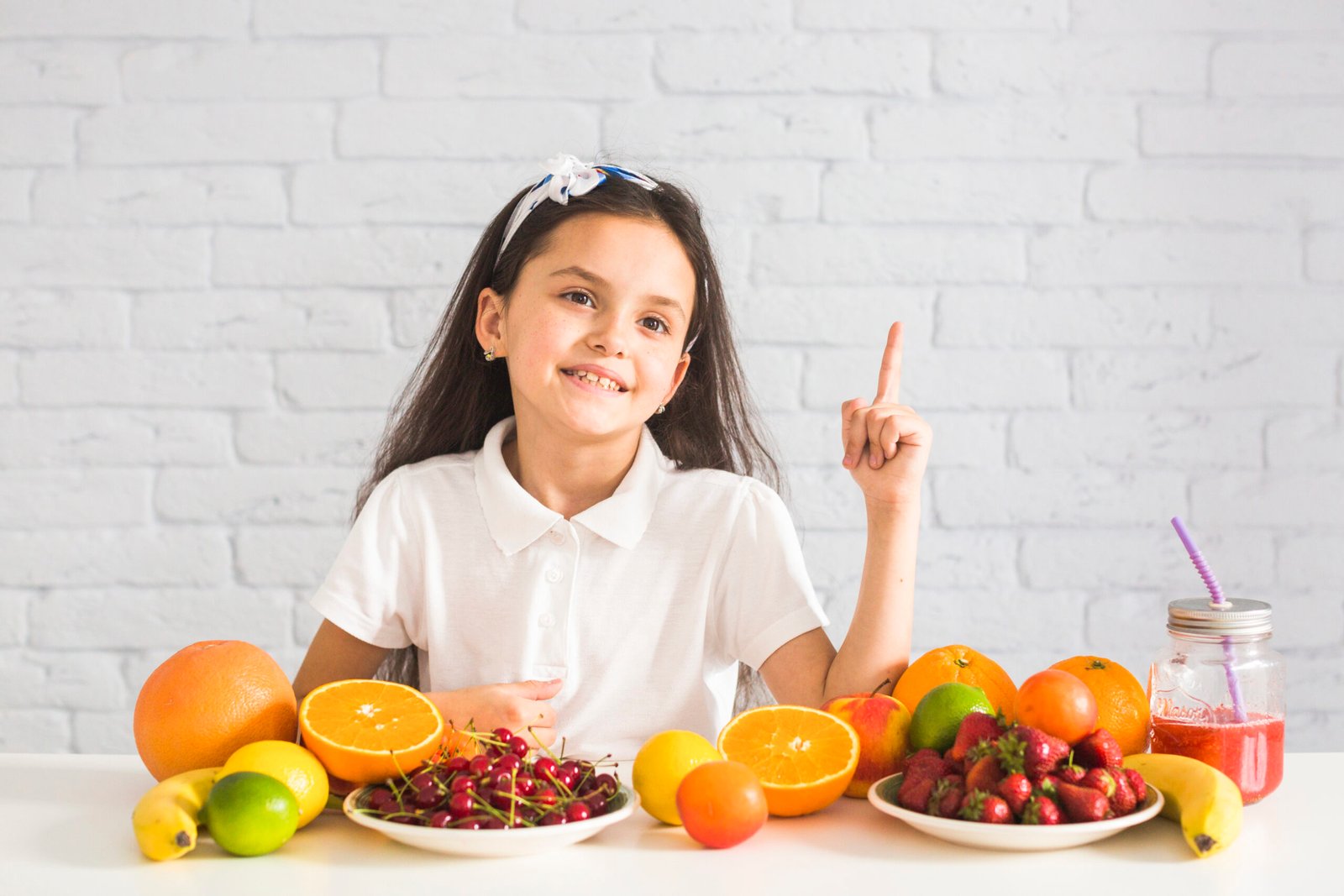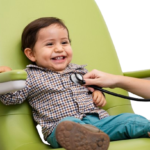The arrival of the monsoon season comes with an increased risk of waterborne diseases, especially for children. Their developing immune systems make them more susceptible to infections caused by contaminated water.
Here’s what you need to know to keep your kids safe from waterborne diseases during the monsoon:
Why Monsoon Makes Us Vulnerable
Heavy rainfall can overwhelm sewage systems, leading to contamination of water sources like wells and rivers. Additionally, stagnant water bodies become breeding grounds for mosquitoes and other insects that can transmit diseases. This creates a perfect storm for waterborne illnesses to spread.
Common Waterborne Diseases in Kids
-
Diarrhoeal Diseases: This umbrella term covers a variety of illnesses causing loose stools, vomiting, and dehydration. Common culprits include bacteria like E. coli and viruses like rotavirus.
-
Typhoid Fever: This bacterial infection causes high fever, severe headache, weakness, and stomach pain. It can lead to serious complications if left untreated.
-
Cholera: This highly infectious disease causes severe watery diarrhea, vomiting, and dehydration. It can be life-threatening, especially in children.
-
Hepatitis A: This viral infection affects the liver, causing symptoms like fatigue, nausea, vomiting, and jaundice (yellowing of the skin and eyes).
-
Giardia: This parasitic infection causes foul-smelling diarrhea, stomach cramps, and bloating. It spreads through contaminated water and food.
Protecting Your Children
While the monsoon brings joy, it’s crucial to prioritize preventive measures to safeguard your children’s health:
-
Safe Drinking Water: This is the cornerstone of prevention. Boil all drinking water for at least one minute. Invest in a good water purifier or filter. Packaged, bottled water from a reliable source is also an option.
-
Wash Hands Frequently: Teach your children to wash their hands thoroughly with soap and water for at least 20 seconds, especially before eating, after using the toilet, and after playing outdoors.
-
Maintain Hygiene: Keep your surroundings clean and free of stagnant water. Ensure proper disposal of waste to prevent contamination.
-
Food Safety: Practice safe food handling practices. Wash fruits and vegetables thoroughly before consumption. Avoid street food and be cautious about undercooked meat.
-
Oral Hygiene: Encourage good oral hygiene in your children. Brushing teeth twice a day and rinsing with a disinfectant mouthwash can help prevent the spread of germs.
-
Vaccination: Talk to your pediatrician about recommended vaccinations for your children. Vaccines can offer protection against some waterborne diseases like Hepatitis A and Typhoid.
Recognizing the Signs
Early detection and treatment are crucial for a speedy recovery. Watch out for these warning signs in your children:
- Frequent watery diarrhea or bloody stools
- Vomiting
- Nausea
- Stomach cramps
- Fever
- Weakness
- Dehydration (signs include dry mouth, sunken eyes, decreased urination)
Seeking Medical Attention
If your child exhibits any of these symptoms, don’t hesitate to consult a doctor immediately. Early diagnosis and proper treatment can prevent complications and ensure a speedy recovery.
Conclusion
By taking these simple precautions, you can significantly reduce the risk of your children contracting waterborne diseases during the monsoon season. Remember, an ounce of prevention is truly worth a pound of cure!





